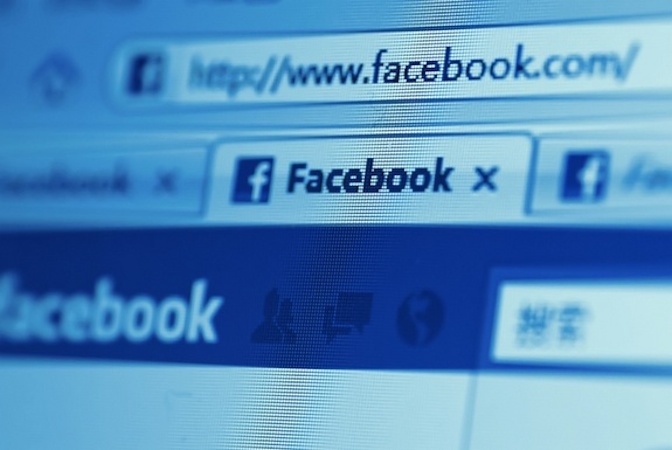Facebook Emotions Are Contagious, Study Finds

Could reading a cheerful or depressing post on Facebook influence your own mood? Apparently so, according to a new study conducted by the social networking company.
When Facebook removed positive posts from the news feeds of more than 680,000 users, those users made fewer positive posts and more negative ones. Similarly, when negative posts were removed, the opposite occurred.
The findings provide experimental evidence that emotions can be contagious, even without direct interaction or nonverbal cues, the researchers say. [The Top 10 Golden Rules of Facebook]
"These results indicate that emotions expressed by others on Facebook influence our own emotions," the authors wrote in the study published June 17 in the journal Proceedings of the National Academy of Sciences.
Contagious moods
The idea that emotional states can spread among people without their awareness, known as emotional contagion, has been shown before in laboratory experiments. One study found that lasting moods such as depression and happiness can be transferred via a real-world social network, but the findings have been controversial because it was based on correlational evidence and could not rule out other potential variables.
Facebook researchers decided to look for evidence of emotional contagion among users of its online social networking site. Facebook users often express emotions on the site, which their friends can view in their personal news feed.
Sign up for the Live Science daily newsletter now
Get the world’s most fascinating discoveries delivered straight to your inbox.
In the study, which took place over one week in January 2012, researchers randomly selected 689,003 people who view Facebook in English, and manipulated the number of positive or negative posts people saw in their feeds. From one group, they removed positive posts, and from another, they removed negative posts. (Facebook's Data Use Policy constitutes informed consent for the research, the company said.)
Without reading the text of the actual posts, the researchers used linguistic and word-counting software to determine whether a post was negative or positive. Then they removed a percentage of either positive or negative posts from users' timelines.
On average, about twice as many posts contained positive words (47 percent) as contained negative words (22 percent), so the researchers removed a proportional number of posts of each kind. For example, they might remove 4.7 percent of the positive posts for one person, and about 2.2 percent of the negative posts for another.
Then, the researchers measured the percentage of positive or negative words each study participant used in that individual's own posts during the experiment. The team analyzed more than 3 million posts containing more than 122 million words — four million positive words and 1.8 million negative ones.
They found that people who had positive words removed from their News Feeds made fewer positive posts and more negative ones, whereas people who had negative words removed made fewer negative posts and more positive ones.
In addition, people who saw fewer emotional posts in their news feed were less expressive overall, the researchers said.
Cyber emotion
The findings suggest that emotional contagion can occur in an online social network, even without face-to-face interaction between two people. "We show that simply failing to 'overhear' a friend’s emotional expression via Facebook is enough to buffer one from its effects," the authors wrote.
The Facebook users weren't simply mimicking the emotions of their friends by writing fewer positive or negative posts; these users frequently displayed the opposite emotion of the one omitted in their feed.
What's more, nonverbal behavior, or body language, doesn't appear to be necessary for emotions to spread, the study showed. Text alone was enough to have an effect.
Interestingly, the findings also challenge the idea that seeing the positive posts of others may have a negative impact on people by making them compare themselves against their friends. Instead, the researchers found that seeing positive posts in their feed prompted people to make more positive posts themselves.
The effects were small, but still important, the researchers said, given the range of daily experiences that could influence mood. And even small effects could have large consequences on the scale of a huge social network like Facebook, where messages online could influence emotions offline.
"The well-documented connection between emotions and physical well-being suggests the importance of these findings for public health," the authors wrote.
Follow Tanya Lewis on Twitter and Google+. Follow us @livescience, Facebook & Google+. Original article on Live Science.










